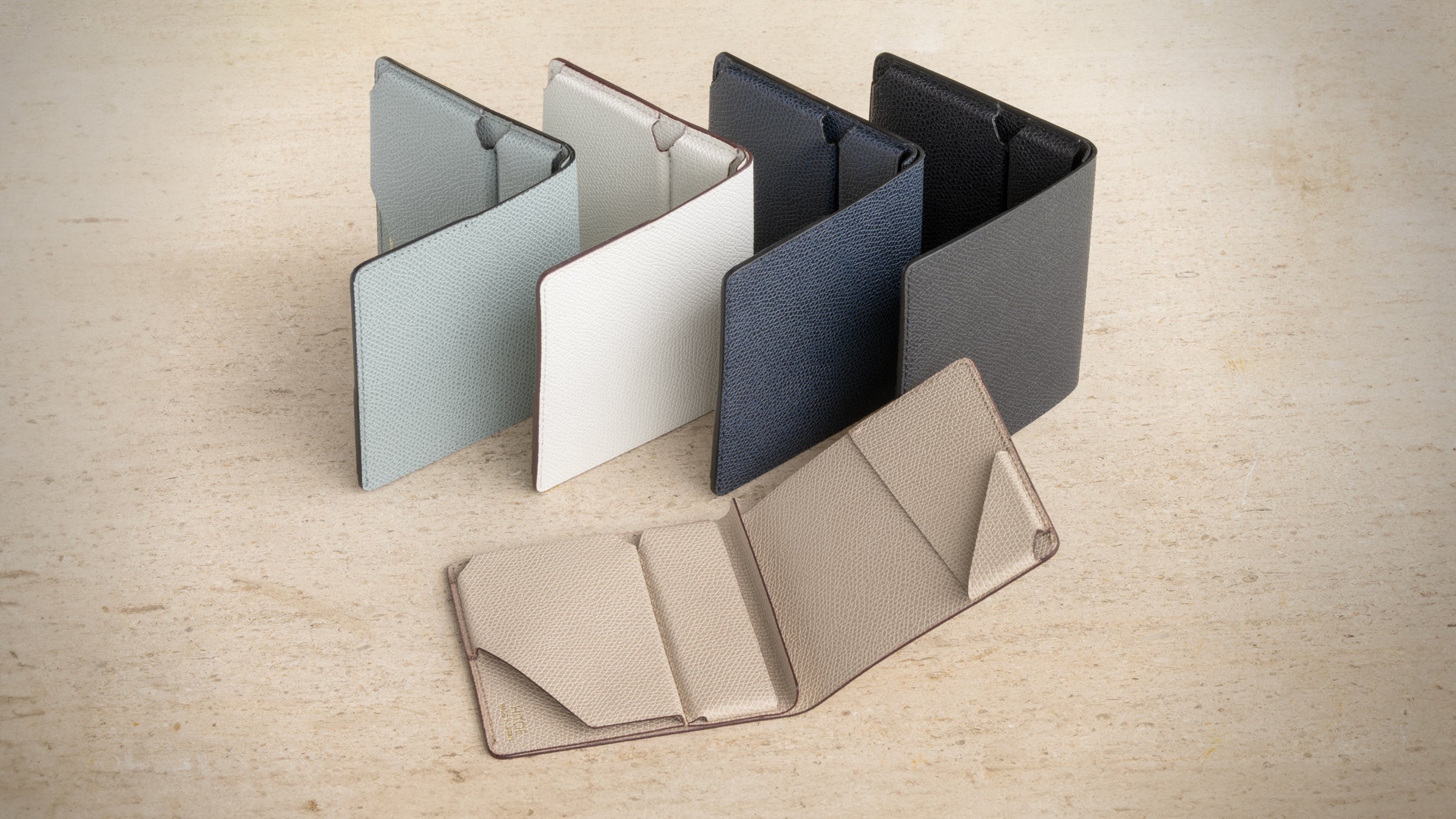Alternatives to Mushrooms and Leather: The History of Romanian Traditional Materials, Amadou and the Iceman
We look into the history of human beings using mushrooms as an alternative material to leather.
What is the traditional Romanian material "Amadou"?

Amadou, a traditional Romanian mushroom-based leather substitute, is a technique that has been passed down by artisans for hundreds of years and is used to make hats, wallets, etc. The photo shows a sample ordered from a Romanian workshop that has been producing the material for over 150 years.
The material is made from the hard mushroom, Fossil Fungi, which grows on fallen beech trees. Fossil Fungi grows inside the tree, producing a shelf-like cap a few centimetres wide on the trunk. The caps are harvested, shaved into thin strips, which are then pounded with a mallet into wide felt-like sheets.
In recent years, mushroom material has been attracting attention as a substitute for leather, but its history is very old and is rooted in Romanian traditions.
The Iceman and the mushroom connection
Humankind's relationship with the fungus dates back to the Neolithic period.
In 1991, a leather bag was found around the waist of the 5,300-year-old mummy known as the "Iceman," discovered in a glacier in the Alps. The bag contained loosened fibers of the bonsai tree and a flint.
In Europe, the fibers of the mushroom have been used since ancient times as a fire starter for flint. In fact, the scientific name of the mushroom, "Fomes," means "crater." In Japan, it is known as "Hokuchitake" among the Ainu people, and the mushroom has been widely used for purposes other than food.
The mushroom's hyphae are very thin and burn easily but do not burn out easily, making them ideal for use as tinder. To use amadou as tinder, it must be soaked in sodium carbonate, pounded, and dried. If it was used as tinder after going through this complicated process, it is entirely possible that amadou was also used as a dough.
Leather products used by the Iceman
At the same time, the Iceman was known to have been wearing items made from the skins of various animals.
The shoelaces were made of cowhide, the fur coats and loincloths were made of sheepskin, and the leggings were made of goatskin (these animals were already domesticated, as confirmed by DNA analysis). The hats were made of brown bear leather, and the quivers were made of roe deer leather.
Towards a sustainable future in harmony with nature
Since ancient times, humans have used mushrooms and leather to survive in harsh environments.
" Hitoe® Fold Aria -Mushroom- " is a product that combines traditional materials such as mushrooms and leather with modern environmental awareness.
This product represents a step towards a sustainable future, just as our ancestors coexisted with nature.



